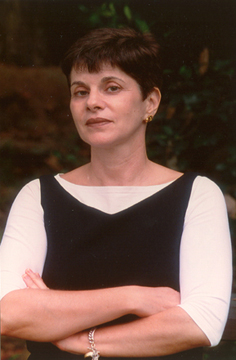
Aline P'nina Tayar

Tito Mesod Benady
The term 'diaspora', of Greek origin and meaning 'dispersion' or 'scattering', has come to refer to a very broad range of situations including: migrants in general; political, religious and other refugees and expellees; ethnic and racial minorities and aliens; and so on. Dispersal; myths and memories of a homeland, a willingness to support it, and a desire to return to it; a sense of alienation in a foreign land; and the survival of a collective identity; are the principal ingredients which are commonly held to make up the diasporic phenomenon.
The Mediterranean Institute of the University of Malta has invited Tito Mesod Benady and Aline P'nina Tayar to give us their own particular take on the subject of what historian Jonathan Israel has called " ...the single most flexible and widest-ranging, historically, of the classical diasporas...," namely, the Sephardic Jewish Diaspora, on the evening of Saturday, 7 May 2005.
Tito Benady is a distinguished historian who has written extensively about subjects such as Sephardic Jews in general; the Jewish communities in Gibraltar, Malta and Minorca; the Royal Navy; and so on. Aline Tayar, on the other hand, is a poet and novelist who is probably best known in Malta for her personal odyssey in search of her roots in How Shall We Sing? A Mediterranean Journey Through a Jewish Family.
Members of the public who would like to attend are kindly requested
to email their name, address and telephone number to carmel.vassallo@um.edu.mt
or phone 2340-2985 during office hours.

Aline P'nina Tayar

Tito Mesod Benady